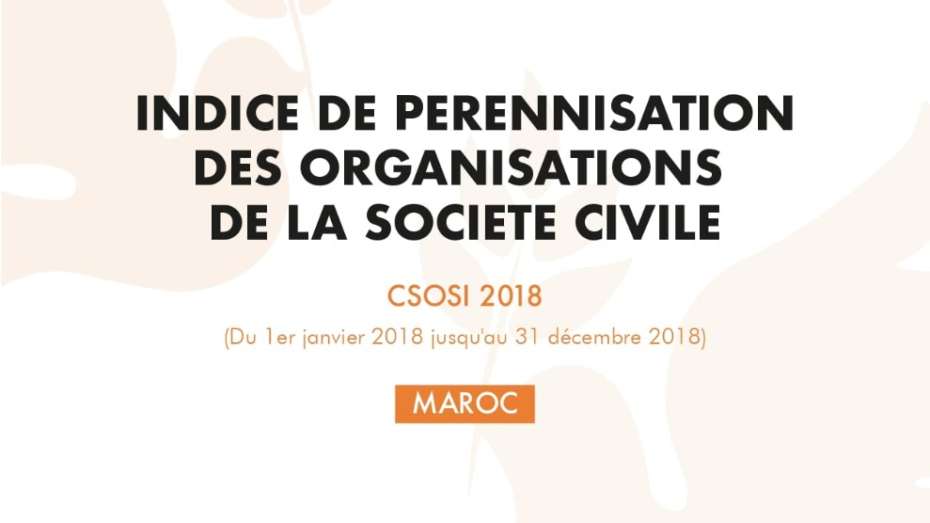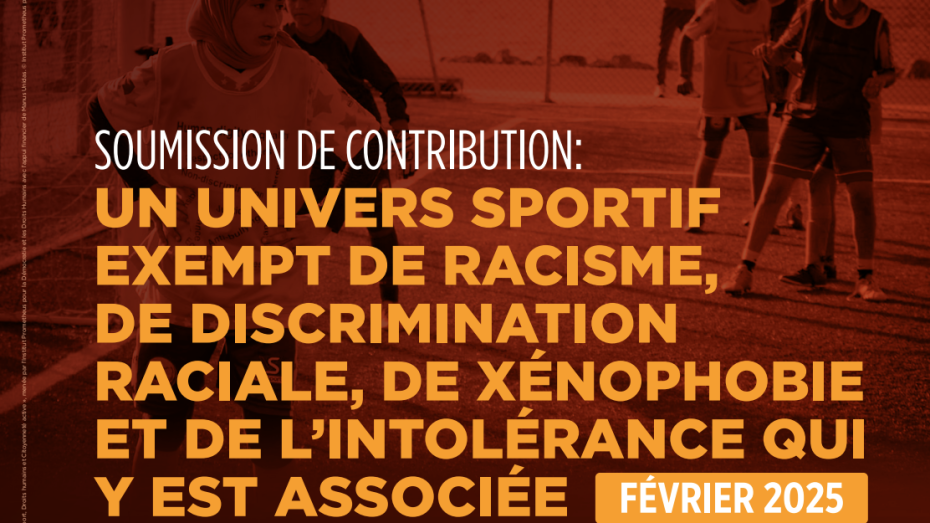In Morocco the HCP said that in 2019: one million Moroccan women suffered violence and 75% believe that insecurity, especially in urban areas, has increased in recent years.
In addition, a study conducted by the Prometheus Institute for Democracy and Human Rights in 2022, on "The perception of human security by young Moroccan men and women today", revealed that young women are , significantly more likely than men to feel unsafe in public places, and more than six in ten female survey participants (1,300 young people) said that public places (excluding
public administrations) are clearly more discriminating for young females compared to their male peers.
According to UN Women, a safe city for women is one where women can enjoy public spaces and public life without fear of assault. A city that promotes the elimination of gender-based violence and offers equal opportunities to men and women in all spheres of social, economic, cultural and political life.
In this sense, urban planning plays a predominant role in the security of women and the development of their avoidance strategies in the urban environment. Today, construction and urban renewal projects, like the urban environment they modify, transmit male-dominated social norms. Indeed, if modern cities are apparently places of freedom, mixity, diversity, they nevertheless remain the reflection of the dominant social norms and of the cultural, political, social, economic, urban planning and landscape dynamics that exclude, or even not protective of women.
Starting from the fact that urban plans today can no longer be interpreted solely from the angle of functional categories associated with a heterosexual division of public space, we wish to highlight the gender dimension in contemporary urban planning. and the importance of inclusive urban planning.
Given that we consider photography as a judicious gateway into the processes of raising awareness and change, we have chosen this form of expression and imagery of cities, as the best crossover factor between the imaginary and the real.
This is why through a national photo contest entitled: "فــي النســاء المدينــة," the Prometheus Institute for Democracy and Human Rights questioned the notions of visibility, spatiality, accessibility, mobility, violence and fear of women in public spaces in connection with the urban development measures put in place. By opening a public debate provoked by art around the question: What makes the city for a safe and [de]gendered public space?
Moreover, the photos in this catalog are the fruit of young talents in photography, who have put the spotlight on the migration of violence and social domination towards the urban space, through the means of its infrastructure.
This competition was launched as part of the “Women in the City” project, which is part of the Aswatouna program, implemented in partnership with Internews.
Executive Office
Prometheus Institute for Democracy and Human Rights


